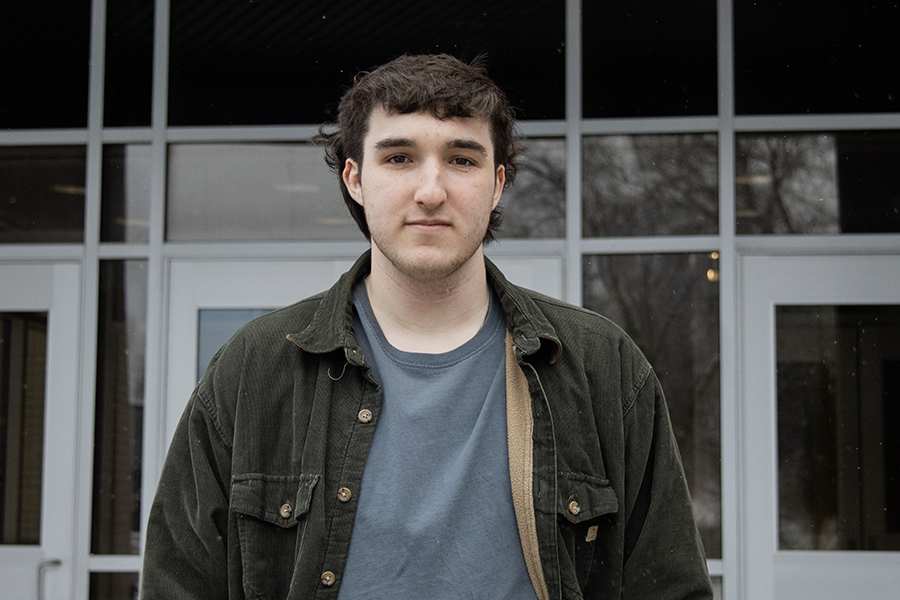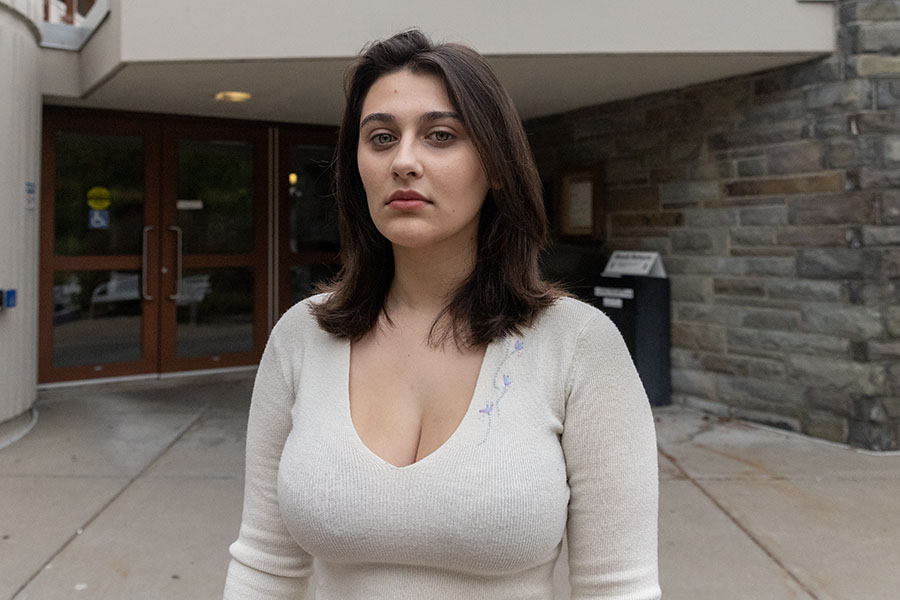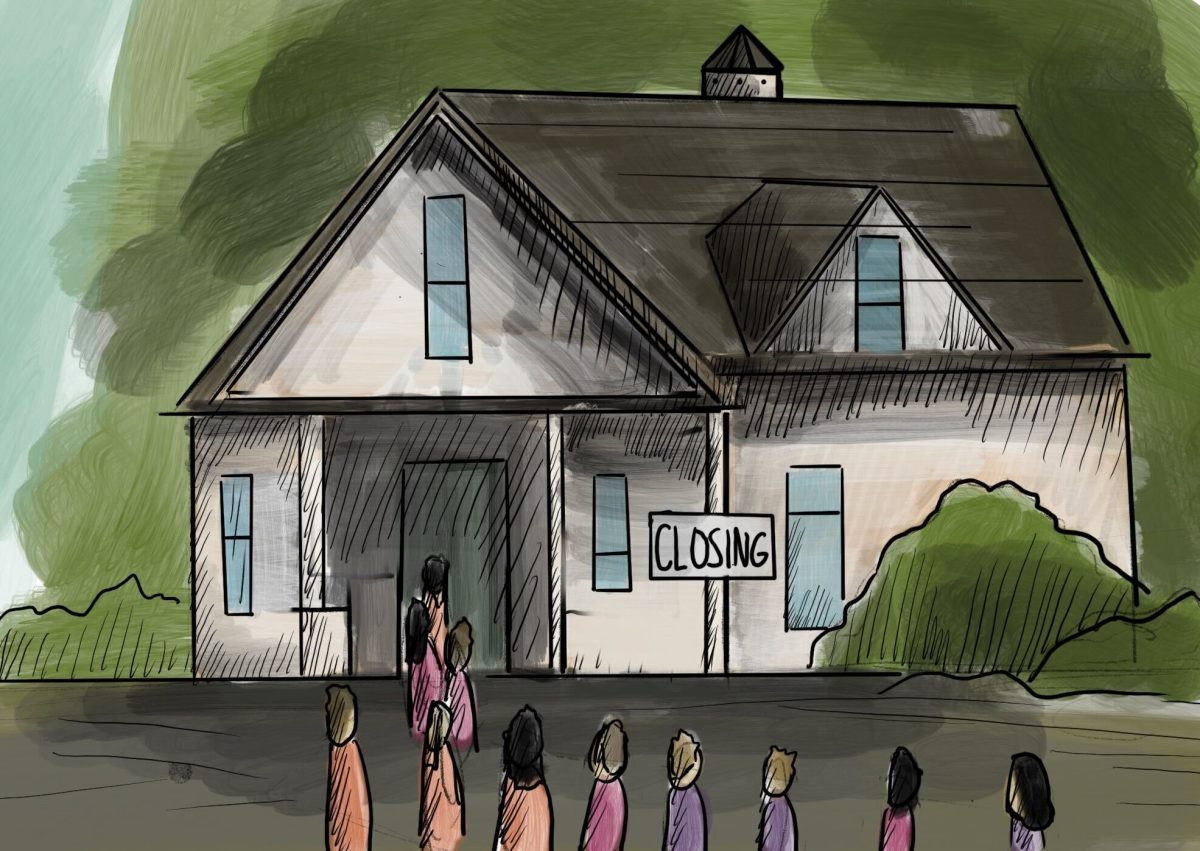Editor’s Note: This is a guest commentary. The opinions do not necessarily reflect the views of the editorial board.
I am writing in response to the recent commentary discussing changes to the music history curriculum in the School of Music, Theatre, and Dance. It appears to be the consensus of many students that the curriculum is beginning to stray too far from the “Western musical canon,” however, I come to offer a different perspective.
It is impossible to study the history of Western Classical music without acknowledging the white supremacy and misogyny that took place in its creation. For too long, both people of color and women have been intentionally omitted from this canon, despite many of them reaching high levels of success in their time. The new curriculum isn’t aiming to discard the contributions of Western European composers, but rather to share those stories that haven’t been heard because of intentional exclusion.
The reality of the situation is that there’s too much history in a topic like music to be studied in a three-semester sequence — that being said, it’s crucial to highlight the voices that were left out as a way to obtain restorative justice.
I understand students’ desires to learn the Western canon for professional goals and opportunities; however, in order to obtain this restorative justice there must be some sort of payoff. At this point in time, to teach a course solely on the Western music canon as it stands is a step back. A knowledge of the canon is cultural capital in the music world, and in order to effectively challenge what has been taught, there is going to be a time where that capital is abandoned so an entirely new canon can emerge. I question if the role of higher education should be to prepare students for the existing workplace, or prepare the next generation to be leaders and reformers that transform the workplace. This doesn’t happen overnight, but our education here at Ithaca College can be a step toward a more complete history being learned around the globe.
The recent curriculum changes have been spearheaded by Doctor Sara Haefeli, an associate professor in the Department of Music Theory, History, and Composition, who is a renowned musicologist with numerous published works. She has also been selected to take over the next edition of A History of Western Music, which is one of the most widely used music history textbooks worldwide. In her teaching, Haefeli expresses that any information in today’s day and age is obtainable via the internet. One of her goals as an educator is to help students develop research skills that allow us to formulate questions and find reliable, scholarly sources so that we ourselves can draw conclusions. Students have expressed their concerns about this learning style specifically when it comes to performance readiness and their understanding of musical styles and genres, but I believe this creates healthy habits that translate across any genre. It is important to research any kind of music before you perform it; so rather than cater only to the needs of students studying classical music, this allows all students to have the same skill set when it comes to approaching their music.
Furthermore, institutions all over are similarly changing their curriculum to match Haefeli’s method. Elizabeth A. Kramer, a musicologist with the University of West Georgia, has described Haefeli’s case study model as an “active, collaborative, creative, critical, and healing ‘new, critical musicological pedagogy.’” The world of musicology is changing, and with it, the very notions of what the Western Classical canon should be. I hope students at Ithaca College will embrace these changes and give grace to the educators who work tirelessly to create a comprehensive and inclusive curriculum that challenges centuries of oppression.
Trevor Griffiths (he/him) is as sophomore music education major. Contact him at [email protected].












